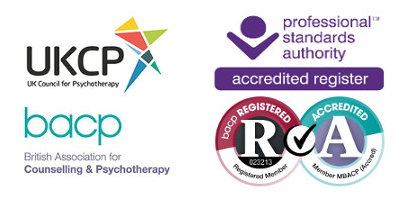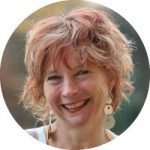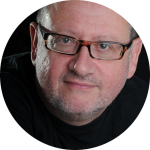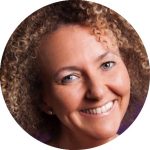Boarding School Survivors Workshops in London
Boarding school survivors are characterized by many positive qualities. Often there is an individuality and a creativity, a kind of self-confidence, resilience and stoicism, an ability to tough things out, and a capacity to endure privations with good humour.
But there are costs too. The humour sometimes covers profound emotional and spiritual wounds. In order to survive our schooling we may have amputated an important part of ourselves, a part that isn’t necessarily a ‘winner’ or ‘successful’, but that is vulnerable and available to experience love. Our partners may be aware of a certain subtle absence, a brittleness, a lack of trust or intimacy that has become second nature to us.
Boarding School Survivors Workshops: recognition of each other’s wounds
It is as if we were taught only too well how to be private, self-reliant, coping individuals. When it comes to adult, intimate relationships, we need to recover spontaneity, self-expression, the willingness to risk all and be hurt. Our caution and calculation are a huge obstacle.
This can be highly problematic for us to talk frankly about, because boarding school was sold to us as something that made us special and uniquely loved. We had the good fortune (we were given to understand) to have parents able and willing to make great sacrifices so that we would have a head start in life. These were places, after all, renowned for breeding strength of character, self-confidence and the qualities of leadership that would guarantee us status and success in the adult world.
Is it suprising then that we find it such a challenge to speak about the actual joylessness of our lives back then, the pain of enforced separation, the emotional withdrawal, the sense of being trapped, the torment of isolation that was in reality a large part of our daily existence, along with the shame we may still feel for apparently ‘failing’ despite such a ‘privileged’ start?
Boarding School Survivors Workshops: accepting our wounds and healing our scars
We were sent away to an institution that could feed us, educate us, teach us sports and social skills and how to be a confident manipulator, but one that could never give us a parent’s love.
The boarding schools we attended were full of contradictions and paradox. Within their security many of us learned to do pretty well without our parents being around, but also to disown our fears and our needs. While excellence was pursued, many were bullied or intimidated; while individuality was encouraged, hierarchical structures produced conformists or rebels, and sometimes casualties. While physical, intellectual and religious values were professed, we learned to repress our feelings and fear our sexuality, thereby losing a sense of being whole.
Boarding School Survivors Workshops: understanding our ‘strategic’ behaviour as adults
We adapted, of course, to this abrupt, bewildering, catastrophic alteration in our young lives. We learned the rules, kept ourselves busy and, from sheer necessity, we hid our longing for our home and family. We could not share our needs and vulnerability with others, and pretty soon we cut ourselves off from our loving feelings, because to miss as much as we did would be too painful to bear for long. How did we survive in a cold, rule-bound place where everything soft, warm and feminine was starkly absent? How did we learn to compensate, and how do we live this out today?
Now we may find ourselves experiencing problems in our lives – with our emotions, our relationships, our careers – which could have their roots in our schooldays, and in the need to survive which drives us to this very day. These difficulties could offer an invitation to look back, to tell our story, and perhaps to redeem something from our childhood.
Scope of the Boarding School Survivors Workshops
This workshop is open to those who wish to examine their boarding school history, consider the effect on their life, and look for ways of healing their wounds. The workshop is particularly suited to those who have not shared their experiences with others previously, and/or feel they have not yet lived their true potential because they are stuck in rebellion, anger or distress. No previous workshop experience is necessary. There is no age limit whatsoever.
Therapeutic approach used during the workshops
The perceptions of the participants are used as the prime source of material, in order to build a context for understanding the past and choosing the future. The workshop uses a range of methods, including meditative, gestalt and cognitive techniques, but as a participant you are never required to go further than you wish. Your particular behaviour patterns – the ways you adapted to boarding school in order to survive there – are due every respect, and it is not an expectation or requirement that you start to dismantle them overnight. But there is often much value in exploring them.
Boarding School Survivors Workshops Information
Brief details can be seen to the right (or below if you are viewing on mobile) and for more detailed dates, venue and fee information see the ‘Groups and Workshops’ page.
You may find some of the following Boarding School Survivors resources useful:
Professor Andrew Samuels’ video on his personal view on the trauma and effect of boarding school and how it might be having a major effect on society as a result. See it here…
Boarding School Syndrome
A recent small piece on German television. https://www.ndr.de/fernsehen/sendungen/das/Boarding-School-Syndrom-Verhalten-von-Internatsschuelern,dasx31136.html




